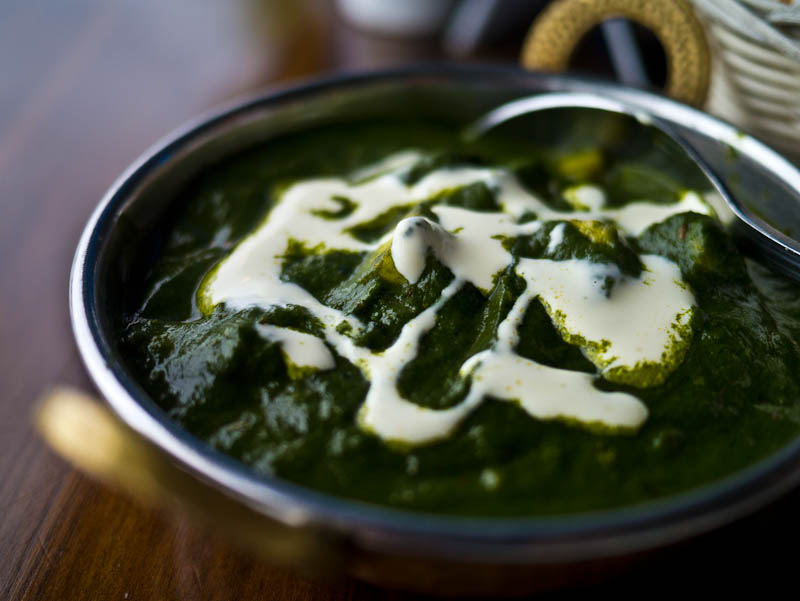
Poached Eggs Recipe – Perfect Every Time
Start your morning with a culinary masterpiece! Our poached eggs recipe is a classic for a reason – it’s easy, delicious, and perfect for any occasion. With our foolproof method, you’ll be making restaurant-quality poached eggs in no time.
Origin and History Of This Recipe
The art of poaching eggs dates back centuries, with its roots in ancient Rome. In fact, the term “poaching” itself comes from the Latin word for “pocket,” as poached eggs resemble small pockets of creamy goodness. Over time, this cooking technique spread throughout Europe and beyond, becoming a staple in breakfast menus worldwide.
Personal Touch
As a culinary enthusiast, I’ve experimented with countless poached eggs recipes, but none quite match the perfection of this one. Throughout the years, I’ve perfected my technique by tweaking ingredients and adjusting temperatures to achieve the most exquisite poached egg. You’ll find all my secrets condensed into this simple yet delectable recipe.
Things To Expect In This Post Article
In this comprehensive post, we’ll dive into everything you need to know about poaching eggs:
- A step-by-step guide that will make you a pro in no time
- Tips and tricks to ensure perfect eggs every time
- The nutritional benefits of poached eggs, and more!
Ingredients List
- 1 large fresh egg per person
- 2-3 tablespoons white vinegar or lemon juice per quart of water
- Salt and freshly ground black pepper
Preparation Steps
- Fill a medium saucepan with about 2 inches of water and bring to a simmer. Add the vinegar or lemon juice to the water.
- Crack an egg into a small bowl. Tilt the bowl close to the surface of the simmering water and gently slide the egg into the water.
- Repeat with the remaining eggs.
- Cook the eggs for 3-4 minutes, or until the whites are set and the yolks are still runny.
- Use a slotted spoon to remove the eggs from the water and drain them on paper towels.
- Season with salt and pepper to taste.
Cooking Time & Servings
Cooking Time: 3-4 minutes per egg
Servings: 1 serving per egg
Nutritional Information
Per poached egg (without salt and pepper):
- Calories: 71
- Protein: 6 grams
- Fat: 5 grams
- Carbohydrates: 0 grams
Health Conditions And People To Avoid This
Consumption of poached eggs is generally considered safe for most individuals. However, certain categories of people should exercise caution or avoid consuming poached eggs due to the following reasons:
- Individuals with compromised immune systems should avoid consuming raw or undercooked eggs, as they may contain harmful bacteria that can lead to infections.
- People with severe allergies to eggs should completely avoid consuming poached eggs, as they may trigger allergic reactions ranging from mild to severe.
- Individuals with heart conditions should limit their intake of poached eggs due to their high cholesterol content, which can contribute to elevated blood cholesterol levels.
Nutrition and Benefits To The Body
Poached eggs are a powerhouse of essential nutrients and provide numerous health benefits, including:
- High-quality protein: Eggs are a complete protein source, meaning they contain all the essential amino acids necessary for human health. Protein plays a crucial role in building and repairing tissues, regulating hormone production, and providing energy.
- Choline: Eggs are a rich source of choline, an essential nutrient involved in brain development, cognitive function, and nerve function. Choline is also essential for maintaining a healthy pregnancy and fetal development.
- Vitamins and minerals: Eggs are a good source of vitamins A, D, E, and B12, as well as minerals like iron, zinc, and selenium. These nutrients are vital for overall health and well-being, supporting immune function, bone health, and metabolism.
Disadvantages
Although poached eggs offer numerous nutritional benefits, excessive or imbalanced consumption may lead to certain disadvantages:
- Cholesterol: Eggs contain high levels of dietary cholesterol, which can contribute to elevated blood cholesterol levels. Individuals with high cholesterol or at risk of cardiovascular disease should limit their intake of eggs.
- Allergies: Eggs are one of the most common food allergens, and consuming them can trigger allergic reactions in sensitive individuals. Symptoms of egg allergies can range from mild skin irritations to severe anaphylaxis.
- Salmonella risk: Raw or undercooked eggs may contain Salmonella bacteria, which can cause food poisoning. To minimize the risk of Salmonella infection, it’s essential to cook eggs thoroughly before consumption.
**Eating moderately is perfectly fine





















Leave a Reply